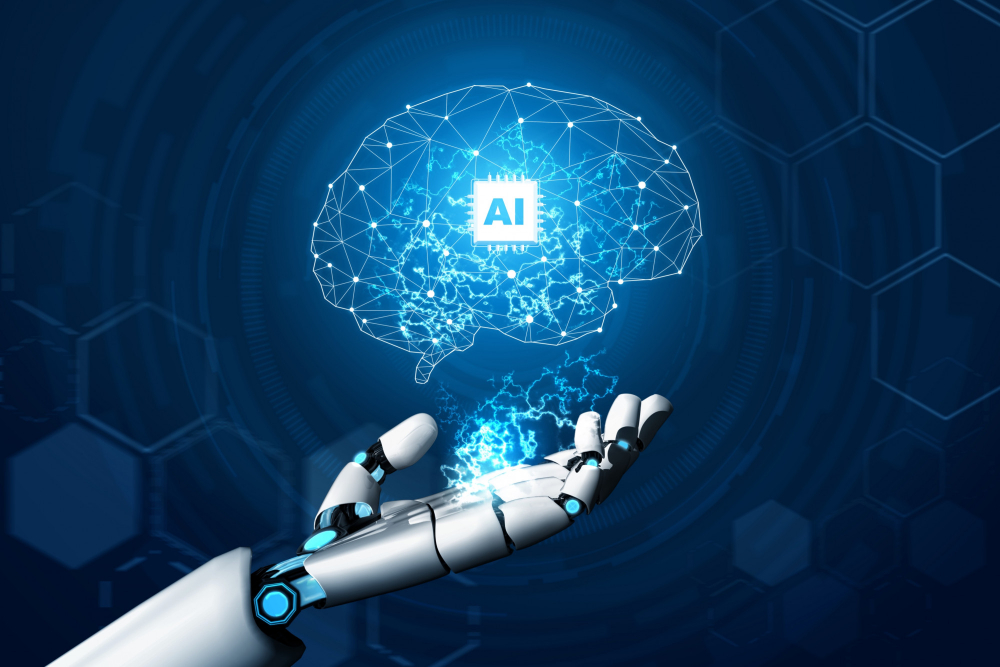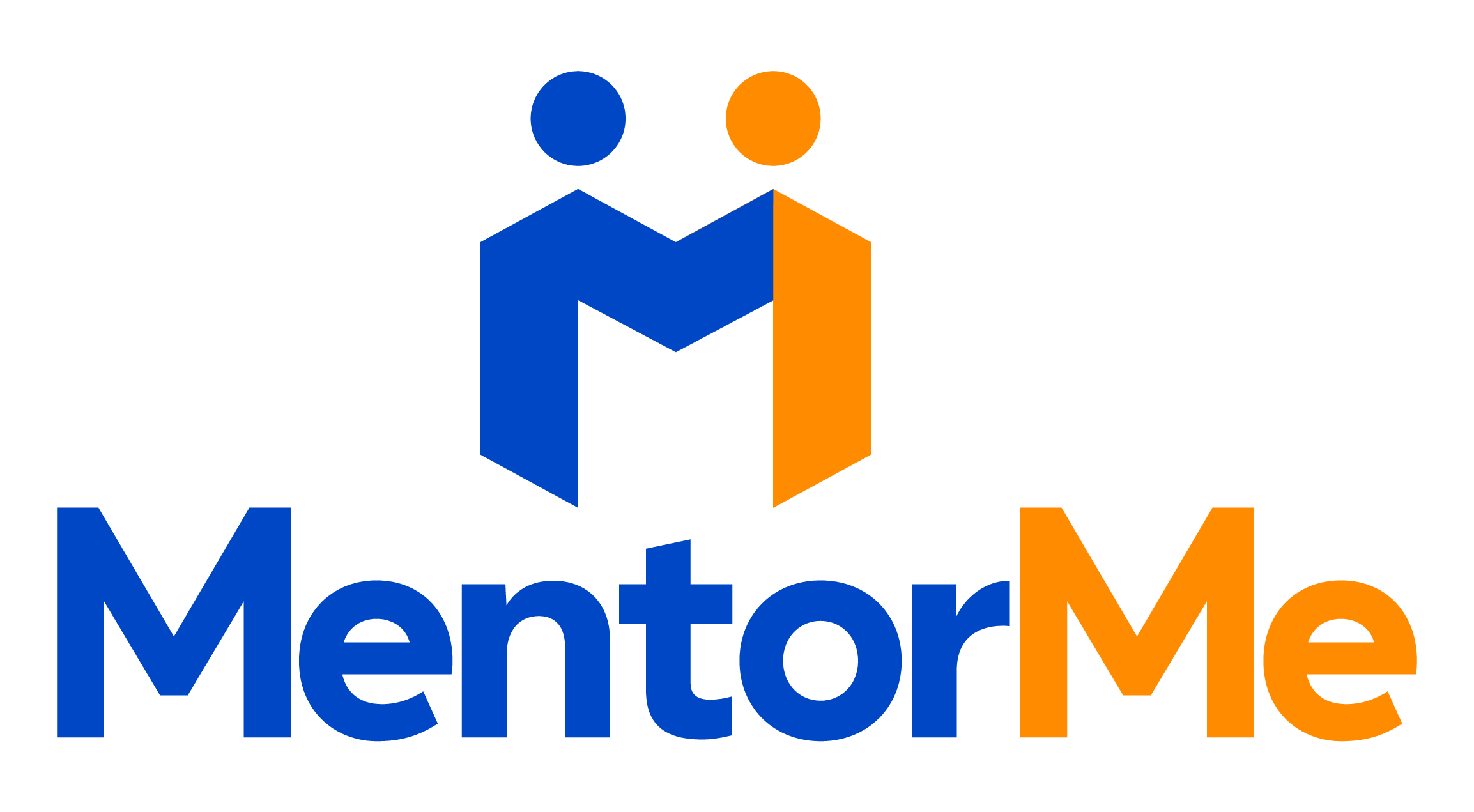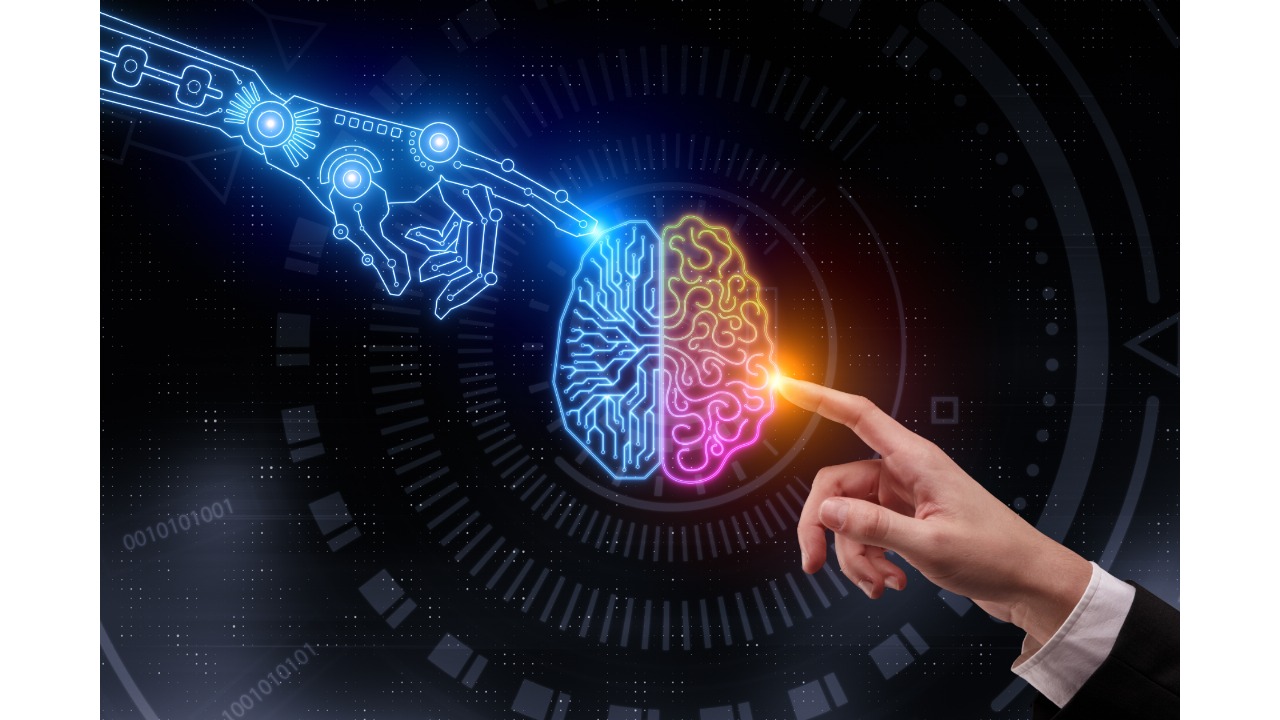
Today, AI has become the buzzword. There are many myths, excitements, and fears around AI. World Economic Forum in its “Future of Jobs Report 2023” has also talked about the impact of AI on job roles. Here we will bust the myths and clarify AI’s impact on careers/jobs for you so that you can make an informed choice about your career and ace your career in the future.
As artificial intelligence (AI) is becoming increasingly integrated into various industries, It is impacting the way we work and the careers we pursue largely. Three categories of jobs emerge from here:
- Jobs that are completely taken over by AI
- Jobs where Human intervention is still important
- Jobs that are completely under the human domain
Jobs that are completely taken over by AI
One of the most immediate ways in which AI is impacting careers is through automation. As per the World Economic Forum’s report, in the next 5 years, 8.3 crore jobs are projected to be lost worldwide. Robots and software can perform repetitive and routine tasks much faster and more accurately than humans. Following are a few job roles that are being done or will be done by AI:
- Data entry
- Telemarketing
- Invoice processing
- Automated customer service
- Social media analysis
- Email marketing
- Automated stock trading
- Predictive maintenance
- Automated transcription
- Fraud detection.
To understand in more detail, one example of a job that has been completely taken over by AI is that of a stock trader. Stock trading algorithms and software programs can analyze market trends, make split-second trading decisions, and execute trades at speeds much faster than any human could. This has rendered the traditional role of a human stock trader obsolete in many cases, as AI technology has proven to be more efficient and accurate in predicting market movements and maximizing returns.
This means that jobs that involve manual labor or data entry are at risk of being automated by AI shortly. However, this also presents an opportunity for workers to focus on more complex and value-added tasks that require critical thinking and creativity.
Jobs where Human intervention is still important
Another way in which AI is impacting careers is by enhancing decision-making processes. AI algorithms can analyze large amounts of data from various sources and identify trends, patterns, and insights that humans may not be able to detect on their own. This enables organizations to make more informed decisions, optimize their operations, and stay competitive in the market. As a result, individuals who possess skills in data analysis, machine learning, and AI programming are in high demand across industries. Following is the list of such jobs:
- Legal services
- Medical diagnosis
- Content curation
- Marketing strategy development
- Strategic business planning
- Crisis management
- Talent recruitment
- Research and development
- Art curation
- Public relations.
To understand it better, for example, financial institutions are using AI to analyze customer data, detect fraudulent activities, and personalize marketing campaigns. Retail companies are using AI to forecast consumer demand, optimize inventory management, and enhance the shopping experience. By leveraging AI technologies, businesses can streamline their operations, improve customer satisfaction, and increase their bottom line.
Jobs that are completely under the human domain
There will remain jobs that can be performed by human beings only. These are the areas that require critical and analytical thinking, leadership abilities, creative thinking, social influence, ethical concern, communication skills, empathy, and so on. In a nutshell, these are the humane qualities that can not be imitated by AI. A few of the jobs that require such skills are as follows:
- Creative writing
- Graphic design
- Counseling
- Nursing
- Teaching
- Physical therapy
- Social work
- Personal training
- Event planning
- Entrepreneurship
If we delve deep into it, for example, AI has revolutionized the entrepreneurial landscape. A lot of start-ups are building around AI. Though AI would occupy the center stage in such ventures, it would be utilized as a solution to some unique problems. That problem has to be identified by humans and the entire ecosystem will be built by the entrepreneur.
But AI is not only transforming and disrupting traditional job roles, it is also creating new job opportunities in emerging fields such as AI ethics, AI fairness, and AI governance. As per the World Economic Forum’s report, 6.9 crore new jobs are projected to be created. As AI systems become more sophisticated and pervasive, there is a growing concern about the ethical implications of AI technologies, such as bias, privacy, and transparency. This has led to the rise of AI ethics experts who are responsible for ensuring that AI systems are developed and deployed responsibly and ethically.
Furthermore, there is a growing need for professionals who can navigate the complex regulatory landscape surrounding AI technologies. AI governance specialists help organizations comply with regulations, standards, and best practices related to data privacy, security, and accountability. They play a critical role in ensuring that AI systems are used responsibly and ethically to minimize risks and maximize benefits for society.
This also highlights the need for reskilling and upskilling for the existing workforce. There is a growing need for future professionals to acquire new skills to become relevant in the workforce. So New courses need to be learned. The New Education Policy has rightly liberated the education landscape by introducing much-needed flexibility. It has laid a lot of focus on new skills and technology learning. Companies also need to invest in training programs to help their employees acquire new skills and capabilities that are in demand in the digital economy.
We can hereby conclude by saying that AI is the new revolution in data and tech. Its impacts on careers will be varied, some will be eliminated, some shall be revolutionized, and some shall remain unchanged. AI will also create new opportunities in terms of both jobs and entrepreneurship. It will help to usher in a new age of progress for mankind wherein those who can adapt and learn quickly will thrive.






